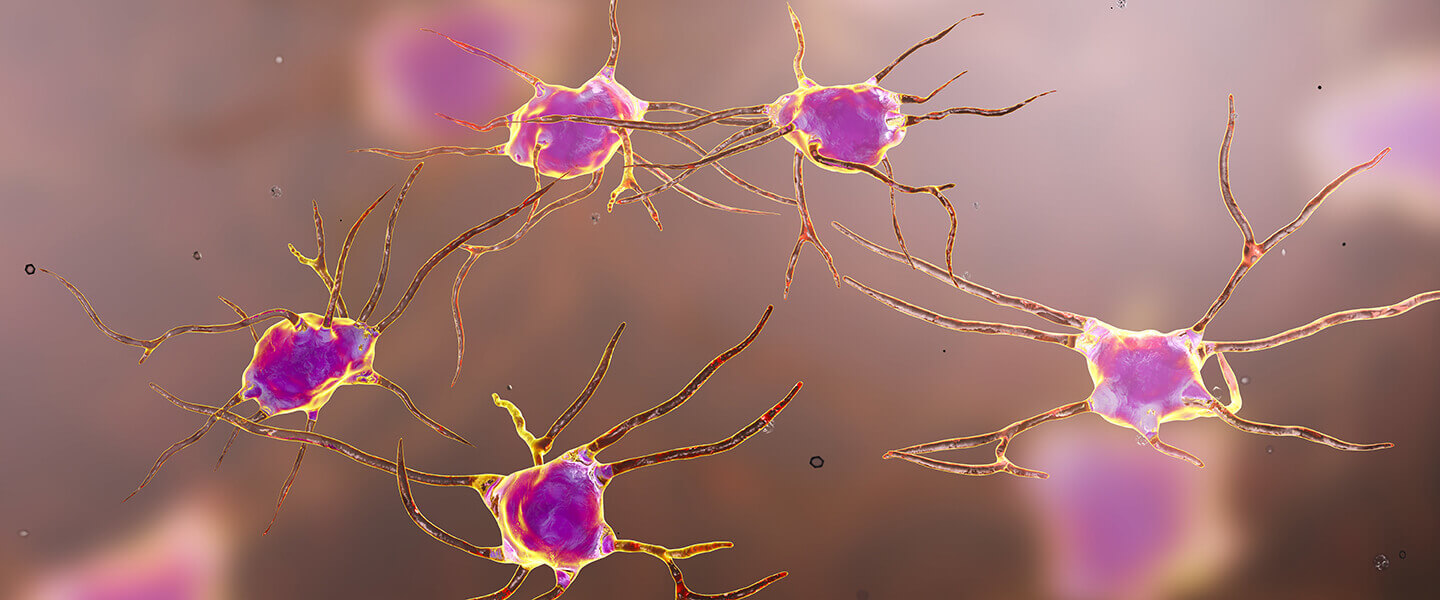Activating Specific Serotonin Neurons Reduced Anxiety and Promoted Sleep in Mice
Activating Specific Serotonin Neurons Reduced Anxiety and Promoted Sleep in Mice

Neurons that are activated by the chemical messenger serotonin have a complex relationship to sleep-wake behaviors. That much is clear from past research, although the way the abundant neurotransmitter affects these behaviors seems to vary in different parts of the brain.
Getting a more specific handle on how serotonin-containing neurons affect sleep and wakefulness in different brain areas is important. In part, this is because a more precise understanding might help researchers develop new treatments to modulate not only sleep and arousal, but also disorders such as anxiety and depression, whose symptoms often include sleep disturbances.
Investigators at Beth Israel Deaconess Medical Center and Harvard Medical School have published results of new research in mice that suggests that by acutely activating serotonin neurons located in a part of the brain called the dorsal raphe nucleus (DRN), it may be possible to generate an anti-anxiety effect that has the benefit of promoting sleep.
The team was led by Patrick M. Fuller, Ph.D. The first author of the paper, which appeared in Sleep, is Anne Venner, Ph.D., whose 2013 BBRF Young Investigator grant supported her work on this project.
The researchers used genetic and chemical technologies to selectively and acutely activate serotonin neurons in the DRN of adult male mice. The DRN is located in the brain stem, which links the brain and the spinal cord. The mice were fully awake and able to move about freely, so their behavioral patterns could be measured directly—not only sleep and arousal, but anxiety and stress levels as well.
By activating the DRN serotonin neurons when the animals were asleep and while they were awake, the team observed that certain types of sleep were enhanced. The investigators also conducted a variety of experiments that included observing the animals when they were subjected to stress.
The results taken together suggested to the team that acute activation of the DRN serotonin neurons dampened arousal in the animals that was caused by stress. In turn, they concluded, this anti-anxiety effect helped the animals fall asleep—consistent with their ability to sleep when they were not under stress.
Although these experiments are preliminary, the team believes that future research directed at uncovering the neural circuitry through which DRN serotonin neurons reduce anxiety to facilitate sleep “may inform the development of newer therapeutic interventions for patients with anxiety, in particular, those patients experiencing comorbid insomnia.”



